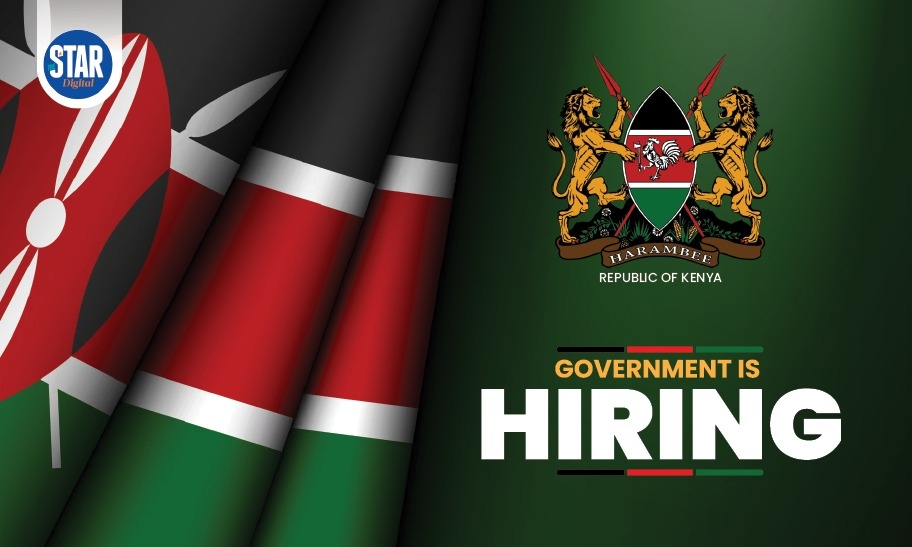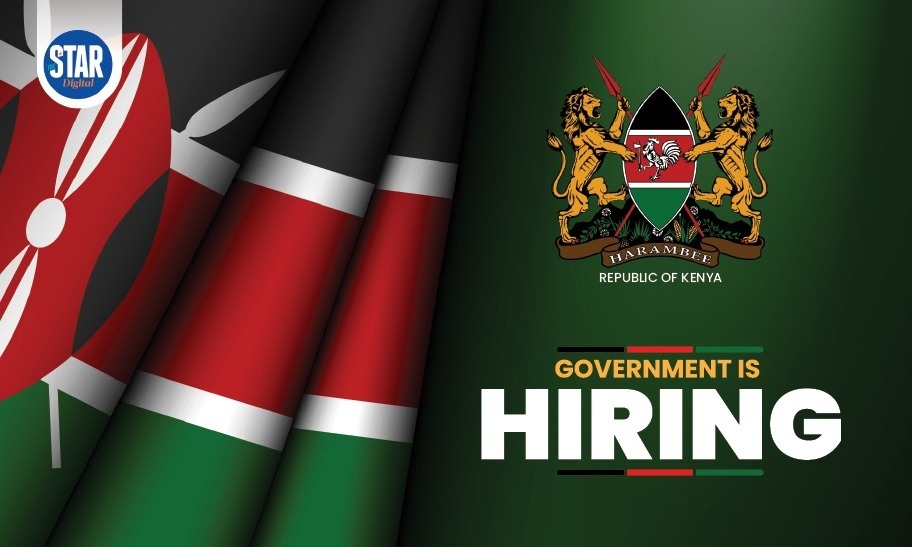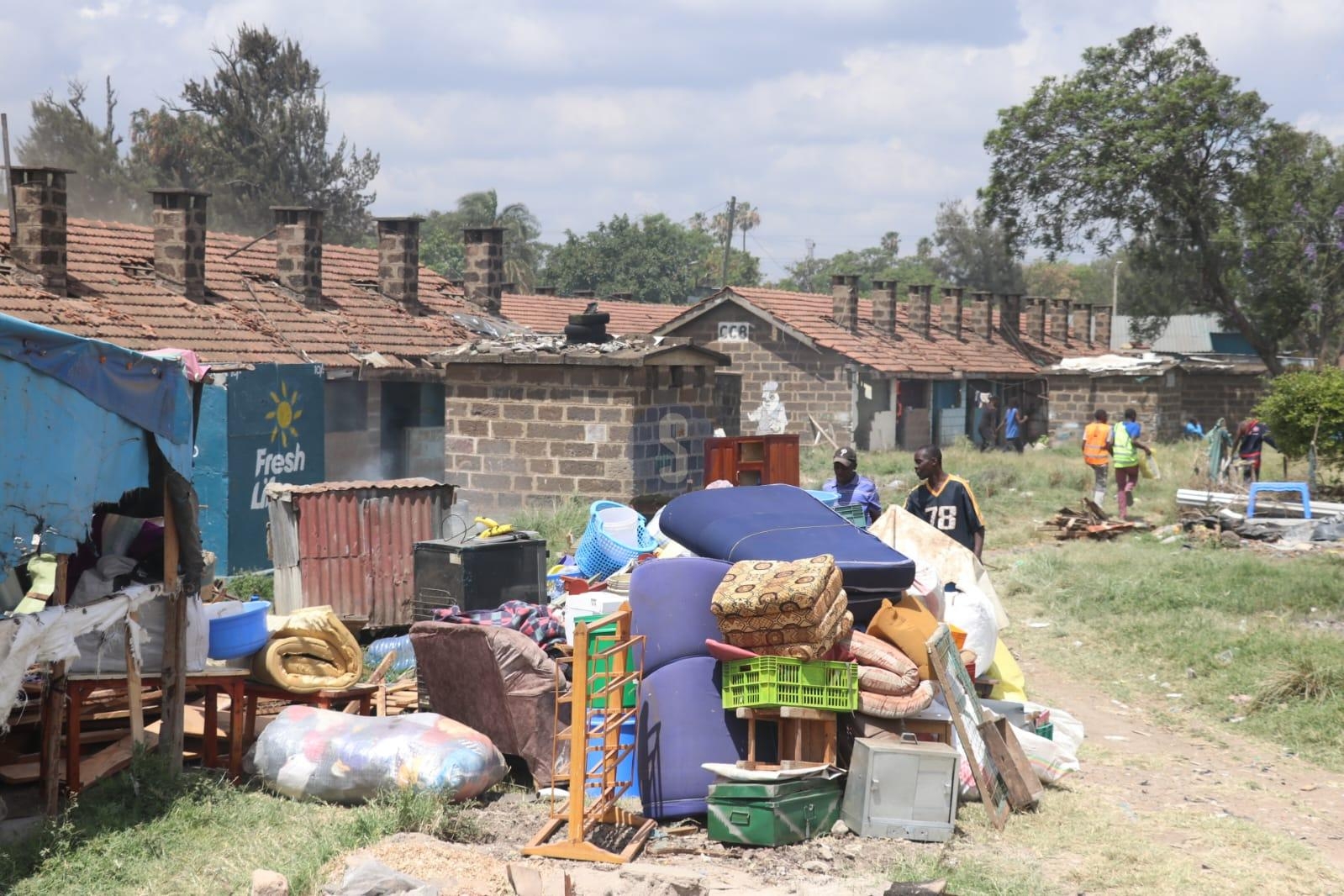Torrential rain is continuing to swell rivers across Central and Eastern Europe, with one person confirmed to have drowned in Poland and thousands left without power.
Poland's prime minister Donald Tusk confirmed the death on Sunday as he urged stricken residents to cooperate with rescuers.
Storm Boris also proved deadly in Romania on Saturday, where four people were killed during floods in the south-eastern region of Galati.
In the Czech Republic, flooding has led to evacuations and 51,000 households in the country's northern areas have been hit by power outages, Czech power company CEZ says. Flood barriers have gone up in the capital Prague.
"We are again facing the effects of climate change, which are increasingly present on the European continent, with dramatic consequences," Romanian President Klaus Iohannis said on Saturday.
Extreme precipitation is becoming more likely in Europe, as across much of the world, due to climate change.
A warmer atmosphere can hold more moisture, which can lead to heavier rainfall.
The mayor of Slobozia Conachi, a village in Romania's Galati region, said 700 homes had been flooded.
"This is a catastrophe of epic proportions," Emil Dragomir said.
In Glucholazy, in Poland's southwestern Opole region, the mayor of the town said the local river had overflowed its banks and was now flooding the town. He appealed to residents to evacuate to higher ground on Sunday.
A resident of the town, Zofia Owsiaka, said everyone was "scared" and there seemed to be "no hope of the rain stopping".
In Krakow, Poland's second largest city, residents have been offered sandbags for flood protection.
Speaking from the town of Klodzko, one of the worst affected areas in Lower Silesia near the Czech border, Mr Tusk said 1600 people in the district had been evacuated.
He urged other residents to cooperate with the emergency services when asked to evacuate their homes.
In the area, 17,000 people are without power, he said. In some locations, the mobile telephone signal is not working and the internet is down, so he said he had taken the decision to use Starlink satellites.
He said the first Blackhawk helicopter had been sent to the region’s capital, Wroclaw, where thousands of residents had to use the staircases of high-rise blocks because lifts were shut as a flood safety precaution, local media reported.
In the Czech Republic, a dam burst in the country's South Bohemia region on Saturday. Environment Minister Petr Hladik urged those in the worst-hit areas to prepare to leave their homes.
Hladik said the ground was saturated and rainwater was staying on the surface - increasing the risk of flash floods. Rain in the Czech Republic is expected until Tuesday, the minister said.
Czech Prime Minister Petr Fiala said the country braced for "a tough weekend". Authorities have put up protective walls of sandbags and metal barriers.
Football matches in the country's top two leagues scheduled for this weekend were cancelled.
Why has Storm Boris been so devastating?
Storm Boris has already brought extreme amounts of rain across central and eastern Europe, with more torrential downpours in the forecast through until at least the end of Monday.
Some of the highest rainfall totals so far have been in the Czech Republic. At Lysa Hora in the mountains in the west of the country, 288mm of rain has fallen since Thursday. This is around three months’ worth of rain in just three days.
The storm has been so devastating for two reasons.
Firstly, the positioning of the storm has been drawing in colder air from the north to mix with moisture drawn up from the unusually warm waters of the Mediterranean and the Black Sea.
Secondly - the low pressure has been very slow moving over the same areas. It’s been stuck in a ‘blocked weather pattern’, meaning the storm is cut-off and trapped between high pressure to the west and the east.
Storm Boris is being described as a 1 in 50 year event by the Ministry of the Environment of the Czech Republic. However the frequency of this type of flooding is likely to increase.
Following the extreme flooding back in 2021 in Europe, the World Weather Attribution Network concluded that the likelihood and intensity of this type of flooding event in Europe is increasing in a rapidly warming climate.
Additional reporting by Sarah Keith-Lucas

















